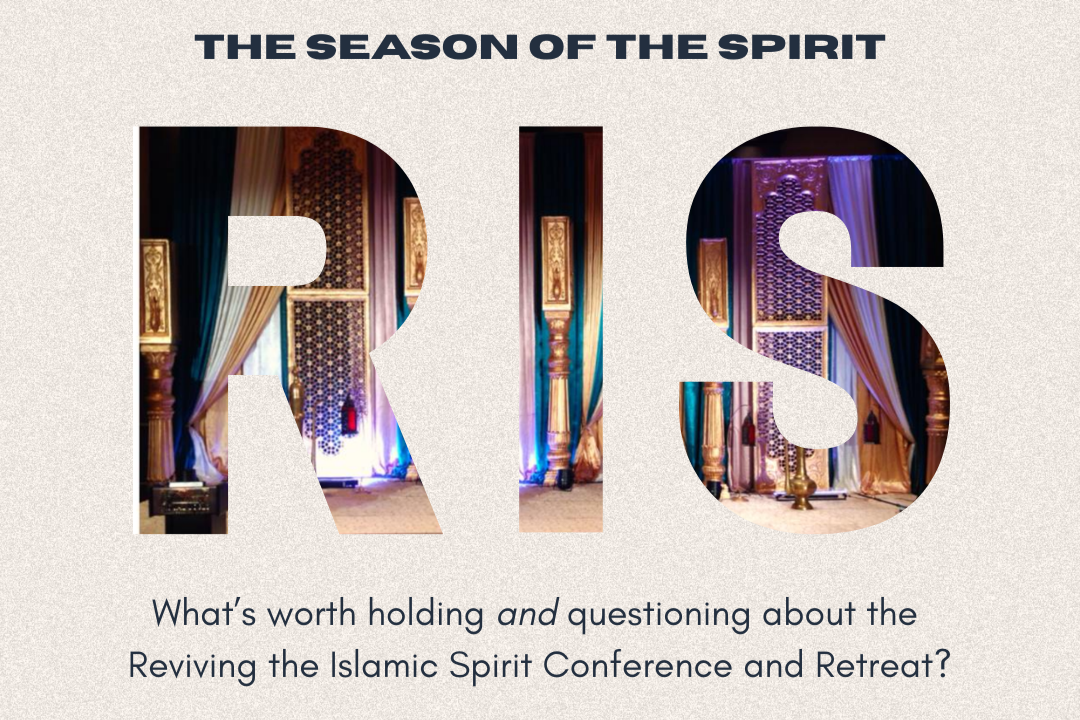Reciprocity in Reflection
“Everyone wants the village, but they don’t want to be a villager.”
The phrase has been circulating on social media and for good reason.
A myriad of social and technological factors have deepened our longing for community, while at the same time leaving many unsure of how to do the work, or unwilling to bear the sacrifices, that sustaining real community requires.
It made me wonder whether some of our traditional facilitation prompts and practices might also contribute to that dynamic.
In most facilitated spaces, participants are asked:
🗣️ “What do you hope to get out of this session?”
It’s a valuable question as it helps people locate their needs and expectations and helps facilitators plan well.
But what if we added another?
💭 “What can you give or offer to this group?”
When people name not only what they hope to receive but also what they can contribute, a meaningful shift occurs:
The space becomes less extractive, more generative.
Participants begin to see themselves as contributors, not consumers.
Collective learning deepens because everyone holds some responsibility for what unfolds
The same applies at the end of a session. Many people ask themselves: “Did I get what I was supposed to get?” But what if we also asked:
💭 “Did I show up as I intended to?”
💭 “Did I give what I said I would offer to the group?”
Reciprocity in reflection invites both receiving and offering.
It asks us to attend not only to what we took away, but to how we showed up, what we contributed, and what we made possible for others.
✨ That’s where community and meaningful learning can begin.





